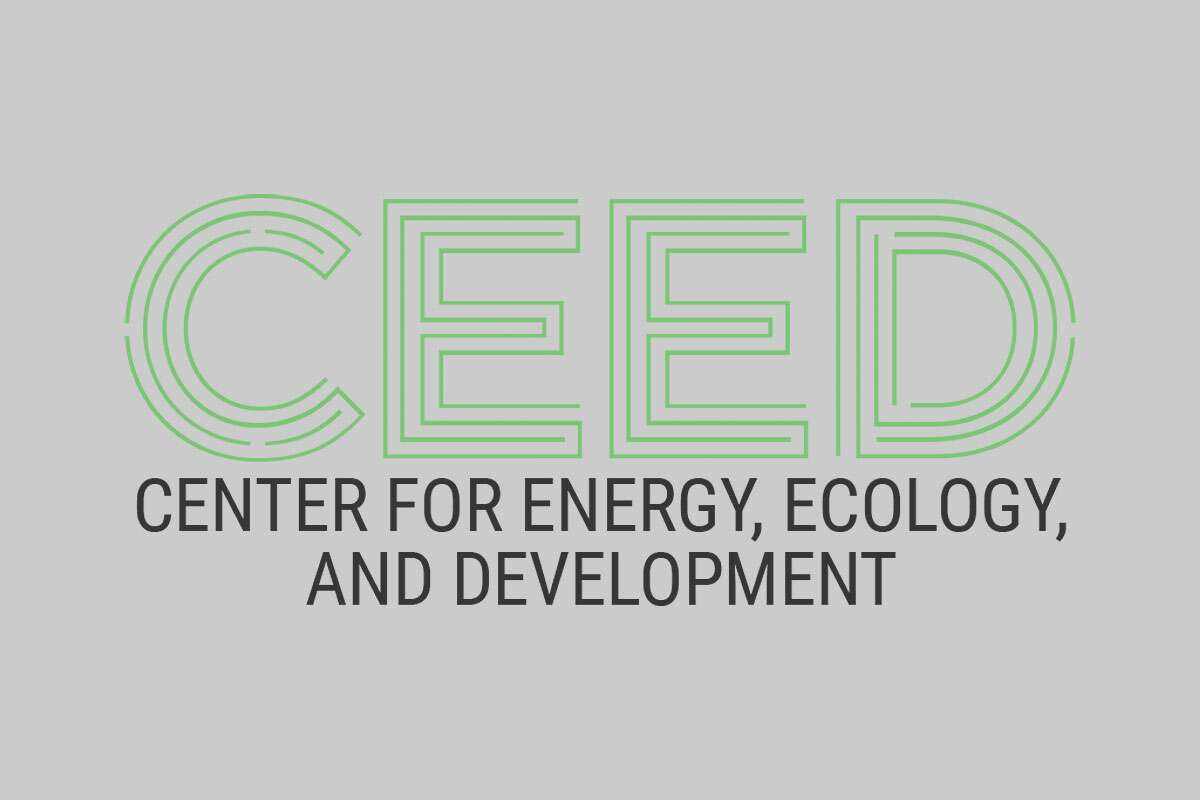Copyright journal

Multisectoral groups and communities formally expressed dismay on Wednesday, November 5, following the fire incident in one of Pagbilao Energy Corporation’s (PEC) coal-fired power units on October 31, resulting in a casualty and 9 injured workers. The Quezon for Environment (QUEEN), on top of great distress, fears the odds of such fatal uncertainties with the Department of Energy’s (DOE) recent advisory, through the directive of the President Marcos Jr., which clarifies and expands exemptions from the 2020 coal moratorium, implicating a reopening floodgates of critical, costly, and dangerous coal-fired power projects. The ‘coal capital’ of the country, with an impending addition of a 1200MW-coal-fired power plant in Atimonan, Quezon, has long-fought for the total halt of the project, citing research and science-based impacts to health, livelihood, consumers, and the climate. Groups lament over the energy department’s advisory, calling it a validation of ‘death sentence’ to the people of Quezon. “Coal-fired power plants are owned by the largest conglomerates in the country so how do we expect these highly-profitable companies to prioritize the well-being of the common people? Fossil fuel plants are not made for the people but rather, it is putting true priorities at stake”, Rev. Fr. Warren Puno, Convenor of the Quezon for Environment said. The decade-long endeavor of Quezon communities and the church to barricade the yet-largest coal project in the province emerged into a large movement to push for a just-energy transition through rightful renewable energy projects. “The DOE’s clarification of coal moratorium exemption rules citing the aim of the renewable energy transition is largely a diversion of a true energy transition, and only fills the spot of false solutions. Delaying a just-energy transition is denying the very ecological and social justice”, said Rev. Msgr. Emmanuel MA. Villareal, Pagbilao priest and a clean energy advocate. Groups, especially affected sectors, continue to decry what seemed to be a ‘collusion’ between concerned governing bodies and the largest energy companies, consequencing policies and rules that continue to burden the lives of the Filipino people and climate future.



